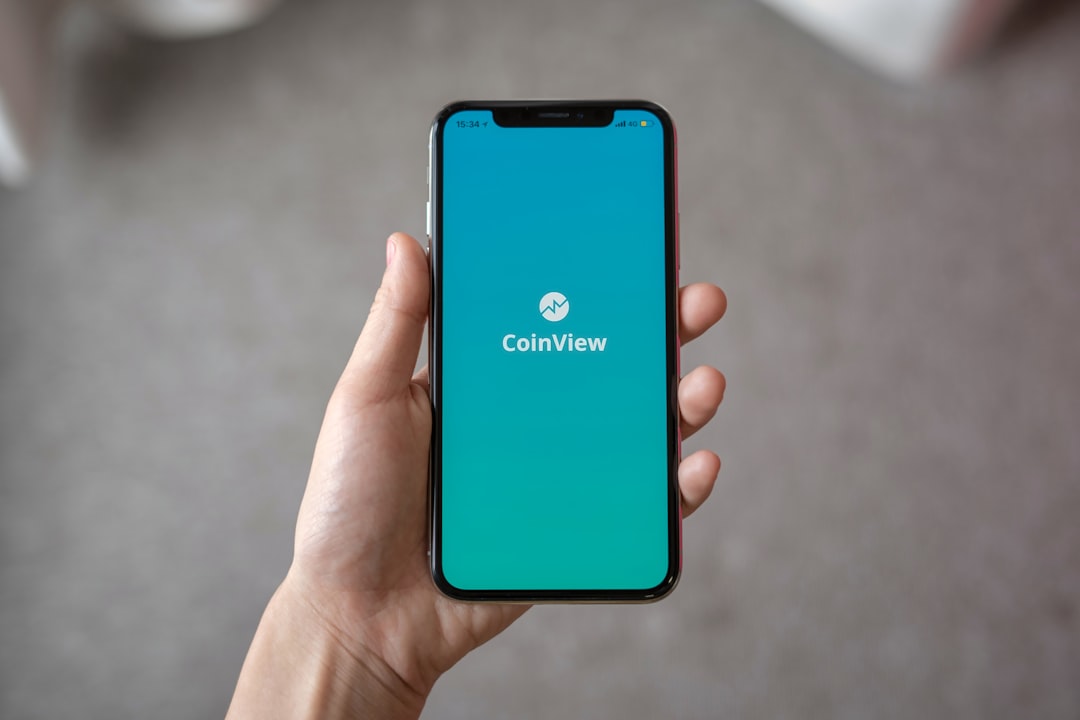Virginia's debt collection harassment laws protect consumers from aggressive practices by mandating clear communication guidelines. "Do not call" laws restrict unwanted phone calls from law firms, and debtors have rights to dispute debts, seek legal recourse for violations, and claim awards for emotional distress. Creditors must adhere to strict protocols, including providing debt validation upon request and respecting consumer choices to avoid legal repercussions. Documenting interactions with collectors is crucial for filing complaints with the Virginia Division of Consumer Affairs (VICA).
In Virginia, debt collection harassment laws protect consumers from aggressive and unfair practices by collectors. Understanding these regulations is crucial for both debtors seeking relief and creditors adhering to legal boundaries. This article demystifies these laws, focusing on the ‘Do Not Call’ rule for law firms in Virginia, as well as the rights of debtors and steps to file complaints against harassing collectors. By exploring these aspects, individuals can navigate debt collection processes with informed awareness.
Understanding Debt Collection Harassment Laws in Virginia

Debt collection harassment laws in Virginia are designed to protect individuals from aggressive or unfair practices by debt collectors. Understanding these laws is crucial for both debtors and creditors alike, as they outline clear guidelines on how communications related to debt should be conducted. One key regulation is the prohibition against certain types of contact, including frequent or persistent calls to consumers, especially those targeting law firms. Virginia’s laws also mandate that debt collectors provide validation of the debt and cease communication if requested by the debtor.
These protections are part of a broader effort to ensure fairness and transparency in the debt collection process. Debtors should be aware of their rights under these laws, such as the right to dispute the debt and request validation. Meanwhile, creditors and collection agencies must adhere to strict protocols to avoid harassment and maintain compliance. In the event of violations, debtors have legal recourse and can file complaints with regulatory bodies or seek damages through litigation, including potential awards for emotional distress caused by harassment.
What Does Do Not Call Mean for Law Firms?

In Virginia, like many other states, “do not call” laws aim to protect consumers from unwanted and harassing phone calls, including those from law firms engaged in debt collection activities. These laws are designed to give individuals a measure of control over their phone communications, particularly regarding persistent or aggressive debt collection practices.
Under these regulations, law firms handling debt collections must adhere to strict guidelines. “Do not call” registries allow residents to opt-out of receiving such calls, and violating these rules can lead to legal repercussions. Law firms that persist in calling individuals on the registry may face penalties, highlighting the importance of respecting consumer choices and maintaining ethical collection practices in Virginia.
Legal Protections for Debtors in Virginia

In Virginia, debtors enjoy several legal protections designed to prevent debt collection harassment. The Fair Debt Collection Practices Act (FDCPA) applies to collection agencies and their practices, including restrictions on when and how they can contact you. For instance, collectors cannot call you at unreasonable times or places, such as before 8 a.m. or after 9 p.m., nor can they harass, abuse, or use deceptive tactics to pressure you into payment.
Additionally, Virginia law prohibits collection agencies from threatening violence, using obscene language, or falsely claiming that non-payment will result in arrest or prosecution. Moreover, debtors have the right to request validation of the debt, meaning the collector must provide proof of the debt’s amount and validity before proceeding with collection efforts. This prevents consumers from being subjected to unwanted calls from law firms in Virginia (do not call law firms Virginia) without proper justification.
How to File a Complaint Against Harassing Collectors

If you’re experiencing debt collection harassment in Virginia, it’s crucial to know your rights and how to protect yourself. The first step is to document every interaction with the collector. Note down dates, times, names of individuals involved, and a detailed description of each incident. This evidence will be vital when filing a complaint.
When ready, you can file a complaint with the Virginia Division of Consumer Affairs (VICA). They have a simple online reporting system or you can fill out a form and submit it in person. Be sure to include all relevant details about the harassment, including any communication from the collector that violates Virginia’s debt collection laws, which prohibit collectors from using abusive, unfair, or deceptive practices when attempting to collect a debt. Remember, avoid contacting law firms directly if you’re experiencing harassment – this is a step towards Do Not Call law firm protections in Virginia.






